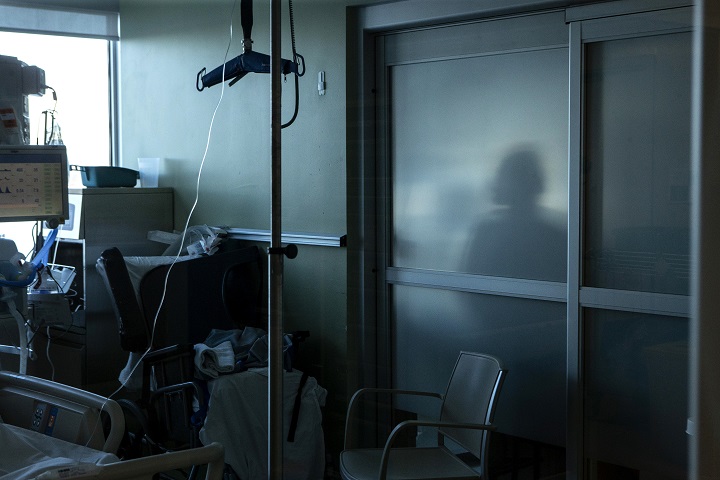Quebec’s Health Department should do a better job of involving friends and family in the treatment of people suffering from mental health issues and addictions in order to prevent suicides, coroner Julie-Kim Godin said Wednesday.

As part of a report on suicide in the province, Godin said the Health Department should work with health-care establishments and other organizations to find ways to include friends and family members, who can help protect their loved ones but are often shut out of the treatment process.
“Even when loved ones are benevolent and clearly express their desire to help, they are not necessarily given the opportunity to be heard or to accompanying the user,” she wrote in the report. “As a result, they feel powerless and uninvolved, even excluded from treatment and the recovery process.”
She recommends that the Health Department change consent forms to ask people if they agree to have their information shared with their loved ones.
The recommendation is one of 63 directed at the Health Department, regional health authorities, police and other organizations, as part of a wide-ranging report on suicides in the province. Godin investigated five suicides and heard from more than 100 witnesses in a public inquest that was called in 2019.
All five individuals expressed suicidal ideas or behaviours before taking their own lives, she wrote. She found that there were often missed opportunities for better treatment.
Other recurring factors in the suicides included known mental health issues, drug use and use of existing health and social services resources, she wrote. The mental health issues and drug use were rarely found on their own and were often accompanied by other challenges, such as unstable home lives, homelessness, precarious employment and physical health problems.
She said health-care workers and front-line social service workers should receive better training to be able to identify complex challenges and provide a personalized response.
Among other recommendations are that the government review the legal framework around the sharing of confidential medical information between health and social services professionals, as well as with family members and, in some cases, police.
While more flexible rules need to be considered to prevent violent deaths, Godin told reporters at a news conference that any changes have to respect the individual’s rights. :As a society, we want to protect our loved ones, but we also need to protect their rights,” she said.
Godin also wrote that investments are needed to ensure the health-care system has sufficient staff to treat mental health issues and that all suicidal acts or ideation need to be taken seriously.
— With files from The Canadian Press’ Ugo Giguère
If you or someone you know is in crisis and needs help, resources are available. In case of an emergency, please call 911 for immediate help.
The Canadian Association for Suicide Prevention, Depression Hurts, Kids Help Phone 1-800-668-6868, and the Trans Lifeline 1-877-330-6366 all offer ways of getting help if you, or someone you know, may be suffering from mental health issues.







Comments